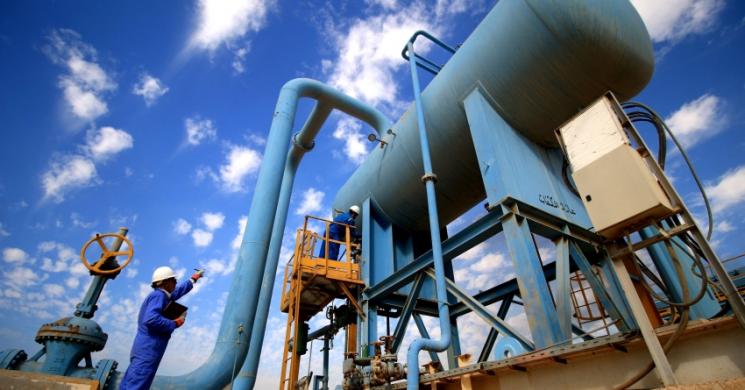
Judging by a 2012 Gallup Poll, more than 60% of Americans have a negative perception of oil companies. At the same time, another research associated to the Keystone Pipeline debate found out that 64% of Americans believed that the Government should enforce existing environmental regulations more vigorously, 70% of respondents wanted stricter limits on emissions, while 65% supported stronger focus on renewable energy. These findings show that apart from price gouging and profiteering, the negative image of oil companies comes largely from their perceived environmentally unsustainable reputation. However, following their governments’ initiatives to lower emissions and increase presence of renewables in their energy strategies, many oil and gas companies have taken huge strides towards cleaner technologies and solutions.
Investing in renewables
Even before the catastrophic Gulf of Mexico oil spill of 2010, British Petroleum, as it was called then, was considered an unusually progressive oil company dedicated to climate change and alternative fuel research. In fact, the company has a long record of business transparency and sustained reports published regularly. Over the years, BP has invested into wind, solar, hydrogen, and other biofuel technologies, becoming one of the largest renewable donors in the world, according to their own press releases and the company website, this European oil and gas company is participating in greenhouse gas reductions, water cleanup, researching more efficient technologies, and striving to reduce the controlled burning of gas, a.k.a. flaring. Apart from the stain caused by the 2010 spill, BP is one of the flagship companies when it comes to environmental protection.
Protecting tomorrow today
In 2006, Exxon Mobile launched its “Protect Tomorrow. Today” agenda, which was described as a framework aimed at improving operational efficiency, fuel efficiency and developing breakthrough technologies. As a part of the strategy, in 2009, they launched a nearly $100 billion investment in biofuel research. Although the research found that at the moment biofuels weren’t economically sustainable, it was still one of the most significant private investments in the alternative energy field up to date, even claiming the Forbes’ "Green Company of the Year" title. Since the initiation of "Protect Tomorrow. Today", Exxon claims that their drill rate has improved 80%.
Improving production processes
Even technologies that don’t make oil and gas processing directly greener and cleaner, can help the overall sustainability by allowing for more streamlined, cost-efficient processes, and reducing the risk of spills and other environmental disasters. New ultrasound surveying technologies, for example allow companies to map their wells in 3-D, which in return allows for more informed decisions. Supported by the newly developed oilfield products, recent advances in solids control involve the creation of closed loop systems, which enable increased environmental control and reduction in drilling fluid spills. In 2014, MCW opened an oil sands facility in Utah which uses a cheaper process of separation based on benign chemicals. The action plan of this Toronto-based oil company, called "Health, Safety & Environmental Management System," describes the process as a closed loop system that requires no water, no high temperatures and pressures, while no greenhouse gases are produced.
Treading on uneasy ground
Sometimes, even the extensive sustainability efforts make it challenging to justify a company’s long-term strategies. Despite of the company’s “Sky” scenario, which aims to reach “net zero” CO2 emissions by 2070, Shell has been one of largest public advocates for drilling in the Alaskan Arctic. Largely divided among National Wildlife Refuges and designated Wilderness Areas, this region has been a major hot point for environmentalists at home and abroad, sprouted much controversy for what was perceived as the company’s insensitivity to the potential environmental impact of those operations. On the other hand, Shell’s CEO Ben Van Beurden publicly acknowledged the threat of global warming, underlining that oil companies and conservationists can find a common ground.
Still room for transparency
At a recent shareholders meeting, the leadership of Chevron rejected a proposal that would increase spending on low-emissions technology. The move was described by green activists as a strategic act to hedge against international climate treaties. Chevron’s web presentation gives elaborate details of “Project Brightfield,” a California-based solar power farm owned by the company. At the same time, the site credits Chevron as one of the global leaders in geothermal energy, a claim that notoriously lacks details. Apart from having to reach out to the public, either by singing their own praises or silencing their critics, companies like Chevron need to share their research and discoveries in the sustainable arena.
There are oil companies that have undertaken serious steps towards becoming more environmentally friendly, but there is still much work to be done. Whichever course they take, embarking on specific actions makes more impact than just talking nice on the same old issues.







